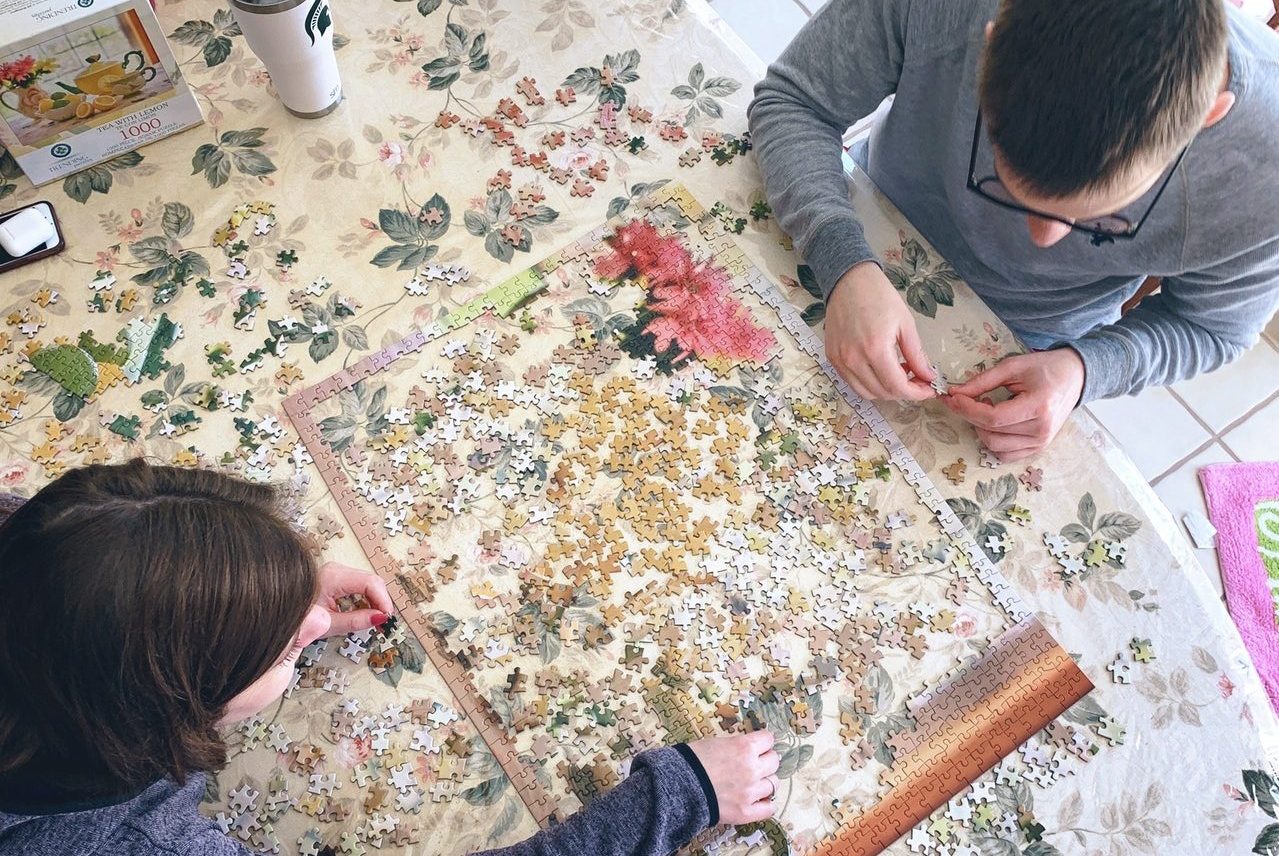
While instant gratification is becoming the norm, is it really what makes learning fun and worthwhile?
Our Director, Rachel Dreier, says: “The best way to learn is through the excitement of finding out the information. I still remember the first-ever science experiment I did at 7 years old, and the reason I remember it is because we were given an open question that we had to discover the answer to. (Well – that, and it was the first time I was allowed to use a Bunsen Burner!) Open-ended questions are some of the best tools for learning and, most importantly, retaining information.”
Open-ended tasks do not necessarily have a definitive answer; they certainly don’t have a simple one and instead require investigating. This can be seen in science when students are given the opportunity to do experiments to find the answer. In Maths, students may be given a concept to investigate: they must find patterns in numbers or understand why numbers work in a specific way. This is very different from the old approach of learning facts and formulas by rote without any meaningful understanding of their application in real life.
Right from the early years, children are investigating in open-ended formats – such as through exploratory play, role-play and discussion. This continues through upper primary and high school where students have to research and investigate to find answers within problems, projects and teamwork. For example, the study of literature or history now requires students to examine underlying assumptions and contexts and to critically review particular references and case studies. The curricula and texts students engage with reflect this type of open-ended learning, not purely the recall of ‘facts’, and a good teacher will encourage students to hypothesise, consider various viewpoints, debate with each other and justify assertions. This makes learning rich, enjoyable and much more memorable.
The challenge for students in the modern world of fast technology is that arriving at good quality answers more slowly can be frustrating. We are so used to having answers at our fingertips! In working through an open-ended question, it can sometimes seem like we are not making progress… but when we finally find the answer it is more satisfying than just being given it, without having to experience it for ourselves.
Those open-ended challenges that seem impossible and never-ending at first actually provide us with the most satisfaction and benefits:
A sense of achievement
Feeling accomplished comes from mastery, and mastery comes from the hard work of testing ideas, making mistakes and figuring things out. Scientists find the answer to a question by first posing a hypothesis, considering variables and then testing and measuring. Mathematicians and detectives sometimes use a process of elimination. Sports players try different tactics until they find what works for their team. Learning early that trying, failing, and trying something else is just part of life makes children much more resilient and confident learners who enjoy their learning.
A deeper understanding
The key skills in applying research to come up with a thesis or conclusion involve searching for information and assessing its validity, synthesising the key facts in our own words and applying information to new contexts. All of this is ‘hard work’ – much harder than completing a reading comprehension worksheet where the answers are on the page! The time and effort involved in building research, analysis and writing skills ultimately create the learner who can not only find the correct information, but think for themselves and retain learning for the future.
Working together
Working together to solve a problem that is challenging is fun! It also helps us learn, as we learn best by communicating with each other to test and tease out ideas. These experiences of course also provide us with social skills we will need as adults in the working world – needed more than ever in a time when isolation and screen time are greatly increased.
Handling life’s unknowns
For two concentrated years, our current Year 12’s have been working towards the end goal of completing high school and finally this journey is coming to an end. How will they be feeling as they step into the unknown? Is there anxiety around leaving school or just pure joy for the next adventure? Experience with unknowns and having to figure things out as they go along will stand them in good stead for the challenges of adult life.